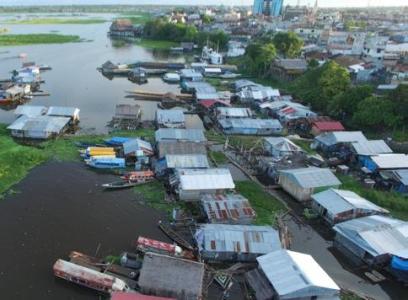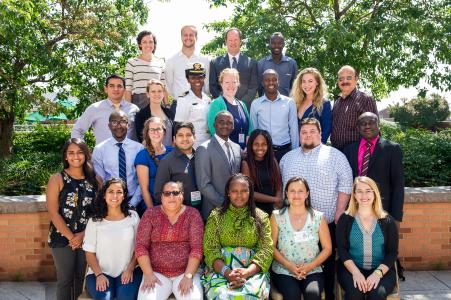Global Health Fellows to Conduct Architecture and Dementia Research in Peru
With funding from the John E. Fogarty International Center and National Institutes of Health (NIH FIC), a landscape architect and architect will receive one-year research training scholarships to improve the wellbeing of people living with dementia in Peru. These scholarships will go to one Peruvian and one American built environment designer, who will be mentored by Dr.


